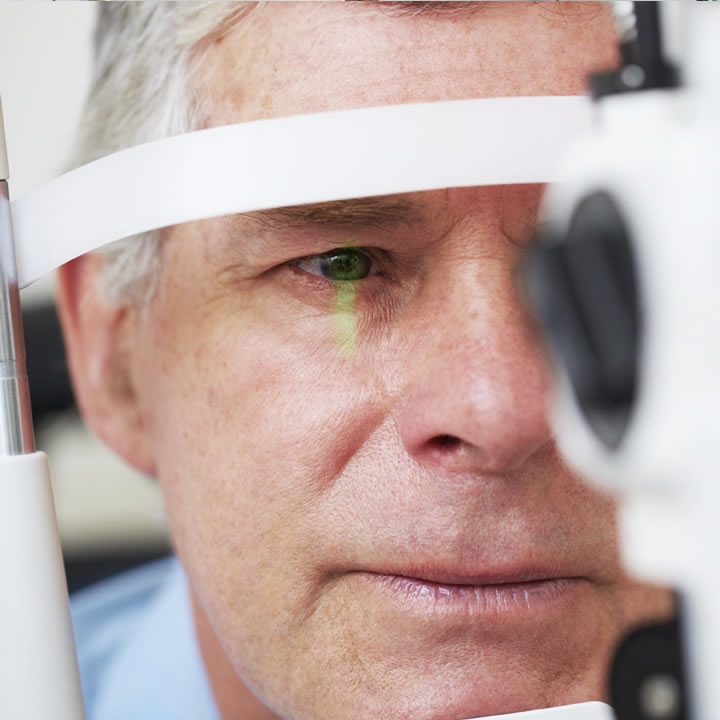Functional, healthy retinas ensure clear and sharp vision. While some health factors—such as age and genetics—are uncontrollable, there are other ways to minimize the risk of illness. Here, we’ll explore how lifestyle factors affect retinal health.
Smoking
Smoking has detrimental effects on overall health, including vision.
According to the specialists at Alimera Sciences, smokers are 300% more susceptible to AMD or age-related macular degeneration, which is characterized by the degradation of the middle of the retina, than those who do not smoke.
Tobacco smoking is the most controllable lifestyle factor in retinal health, and quitting greatly reduces risk at any age.
Sun Exposure
Science shows that overexposure to ultraviolet or UV rays is linked to retinal damage, along with a greater risk of other eye health conditions. It’s largely preventable, though. Protect your eyes for a lifetime by wearing close-fitting sunglasses with 100% UV protection.
Being Overweight
Body weight is another lifestyle factor that increases the risk of eye problems, including retinal degeneration.
For example, being obese or overweight increases diabetes risk, with vision loss due to diabetic retinopathy being a side effect. Obesity also raises the risk of heart disease and high blood pressure, which can adversely affect vision.
Diet and Exercise
A study from BMJ Specialty Journal discovered that those who walked two miles per day, three days per week were up to 70% less likely to develop age-related macular degeneration than those who got no exercise.
Likewise, research shows that a diet rich in foods containing lutein and zeaxanthin can also minimize the risk of retinal disease.
Good Sleep Hygiene
Getting adequate sleep is critical for eye health, as lack of quality sleep can cause eye spasms, fatigue, and an increased risk of AMD. Adults should get seven to nine hours of sleep per night for good retinal health.
Minimizing Screen Time
While computers, tablets, and phones offer connectivity and convenience, too much screen time strains the eyes and contributes to retinal disease. To minimize discomfort and prevent damage, follow the 20-20-20 rule.
For every 20 minutes of screen time, focus on something at least 20 feet away for about 20 seconds.
Wearing Protective Gear
Each year, thousands of people visit the ER for eye injuries, 90% of which can be prevented with the use of protective gear.
Wearing appropriate eyewear when using power tools, playing sports, and using chemicals will protect your eyes and minimize the risk of injuries like retinal detachment.
Delaying Eye Exams
Certain eye diseases are asymptomatic until in the final stages, and skipping eye exams may lead to misdiagnosis. With yearly eye health check-ups, we can keep our vision healthy for life.
Preserving Retinal Health
While factors like genetics and age are out of our control, we can reduce retinal disease risk by making healthier choices. Getting enough sleep, exercising regularly, eating well, and quitting smoking are some of the easiest things you can do to improve eye health.
Along with the healthy habits mentioned above, regular eye exams can catch many vision problems while treatable.
Board-certified retina specialists and ophthalmologists can examine the internal structure of the eyes, checking for vision problems and retinal disease—and the team at Alimera is here to help with innovative diagnostic technologies and a commitment to retinal disease treatment.

